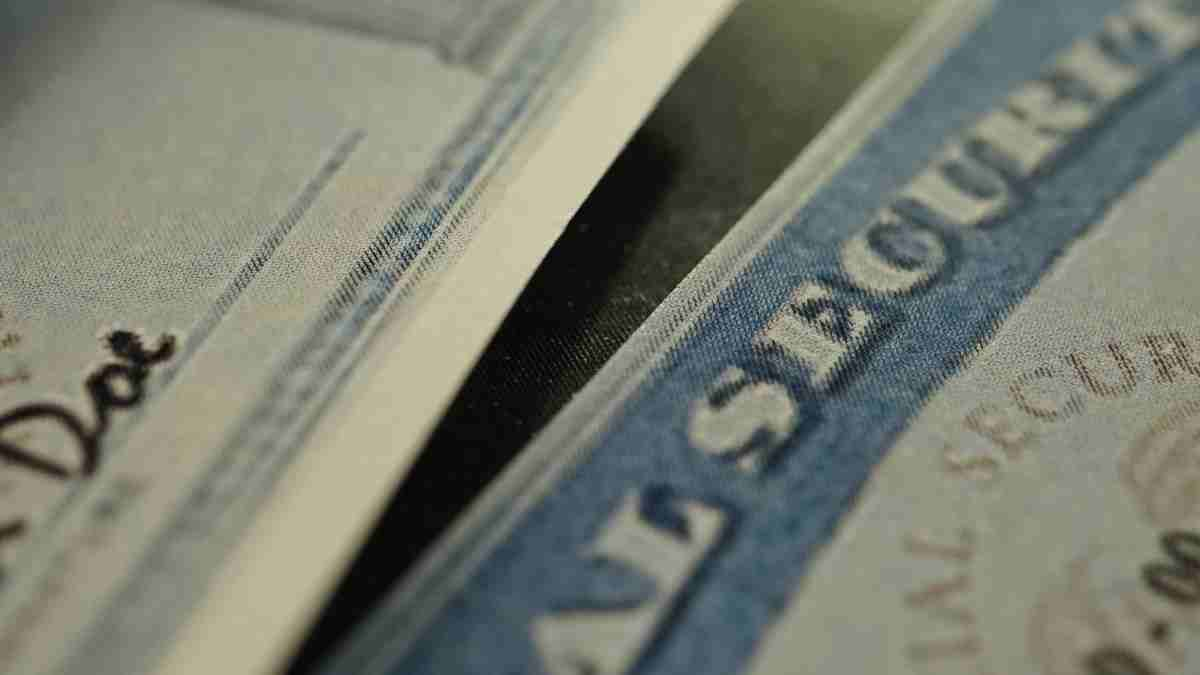This Friday, November 1, millions of people across the United States will receive their benefits from the Social Security Administration (SSA). Among the recipients are those who qualify for SSI and retirees who applied for their benefits before May 1997. The payments will be directly deposited into beneficiaries’ bank accounts, ensuring they have quick, safe access to their monthly income.
SSI is a federal program providing monthly financial assistance to adults and minors with disabilities or blindness, as well as to individuals over the age of 65. In June 2024, almost 7.4 million people benefited from SSI. This month, recipients of SSI will see two payments due to calendar adjustments for December’s payment dates.
When you’ll receive your next SSI and other Social Security benefits
The November SSI payment will be issued on November 1, marking the first deposit of the month for those receiving retirement and disability assistance. Additionally, because December 1 falls on a weekend, the second SSI payment for the month will be moved up to November 29.
This adjustment ensures beneficiaries receive their money on time but does not represent an additional payment; it’s simply a calendar adjustment to align with standard payout practices.
For those who began receiving their retirement benefits before May 1997, payment will also be deposited on November 1. However, retirees who started receiving benefits after that date will see payments staggered based on their birth date. This structured approach to payment dates—where early-month births receive payments in the first week and so on—helps prevent system overloads and ensures smoother distribution of funds.
Rumors about stimulus checks and their impact on the public
In recent months, social media has seen a spike in rumors surrounding the possibility of additional stimulus checks, leading to growing expectations among the public. With inflation and rising living costs, many people would welcome a direct financial boost to help ease their financial strain. However, it’s important to clarify that as of now, there is no official confirmation from the IRS or any other government agency of a new stimulus check.
During periods of economic uncertainty, these rumors can spread quickly, particularly given that many Americans are supportive of stimulus aid. Although widely supported, some people express concern over the potential long-term effects of such payments.
While stimulus checks provide immediate relief, some experts believe they could also contribute to inflation and add to the national debt. This has led to ongoing debate among policymakers on whether such financial interventions are beneficial or detrimental in the long run.
Protecting yourself from economic aid rumors and scams
Older adults, many of whom rely on fixed incomes, can be especially vulnerable to rumors about financial assistance, such as stimulus checks. The appeal of potential financial support may prompt some people to act hastily based on misleading information, making them susceptible to scams that could lead to identity theft or financial losses.
It is essential for older adults to seek reliable information regarding any form of economic assistance. Consulting official sources and well-established organizations is the best way to safeguard their finances and confirm eligibility for any benefits available to them. Staying informed not only helps to avoid fraud but also makes navigating the complexities of economic aid programs easier, giving beneficiaries greater confidence in managing their income.
How misinformation impacts emotional well-being
The spread of rumors about stimulus checks can also take an emotional toll, particularly when living costs are high. People who may be struggling financially could develop high hopes for receiving timely financial aid, only to face disappointment and frustration when the information turns out to be false. The letdown of discovering that this news isn’t accurate can lead to a sense of discouragement and hopelessness.
Making financial decisions based on verified information is crucial for mental well-being. Trusting unconfirmed data can lead to unnecessary stress, which is why it’s recommended to always check rumors or news about financial aid through reliable, easily accessible sources like official SSA and IRS websites. Staying well-informed is the best way to avoid false expectations and ensure any available assistance reaches you securely and promptly.
